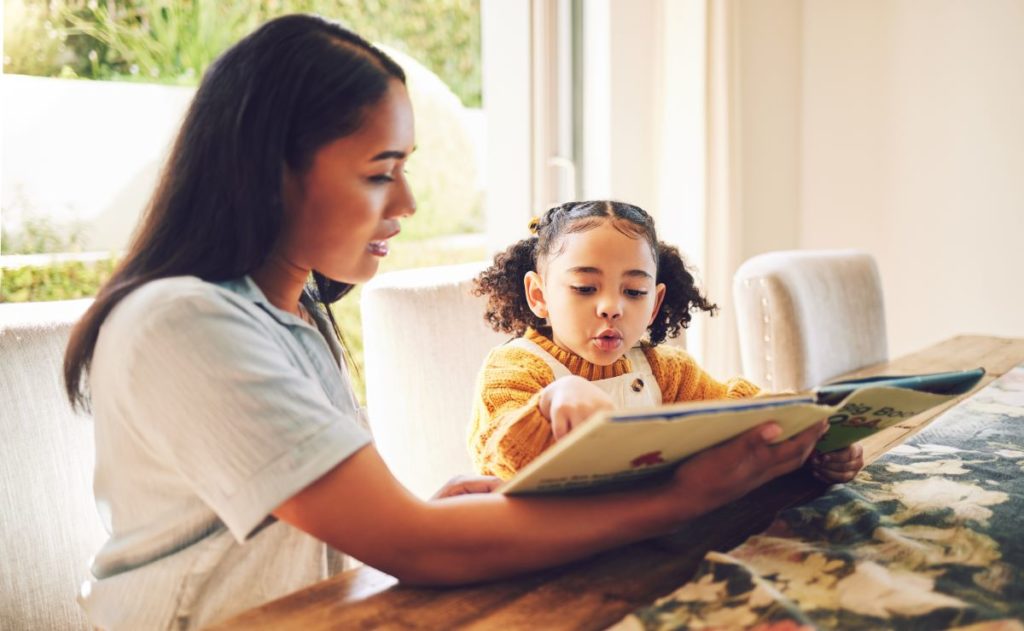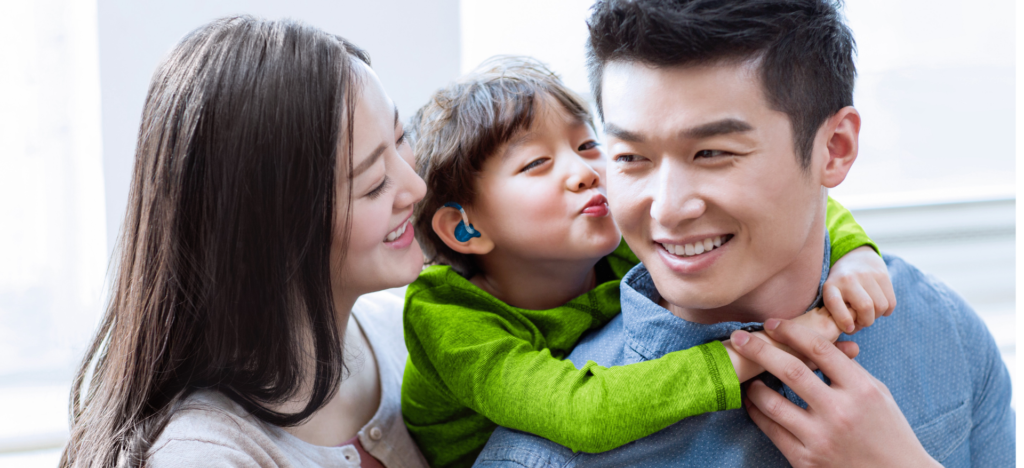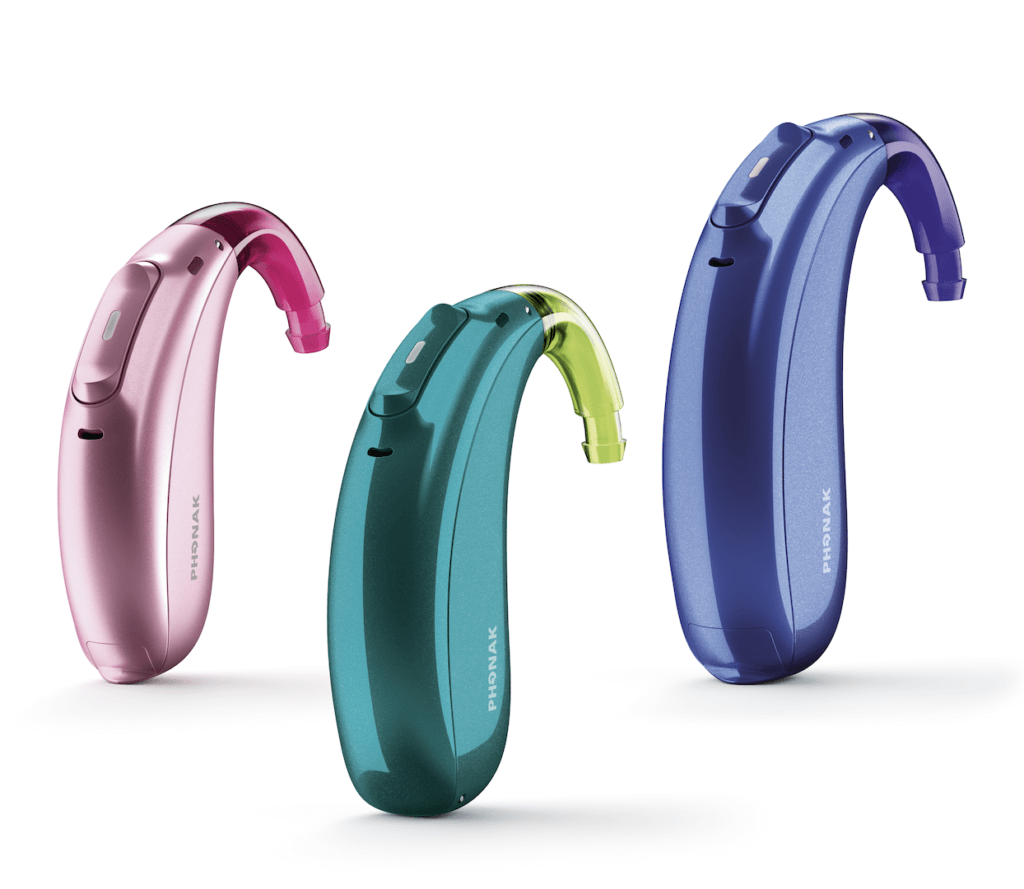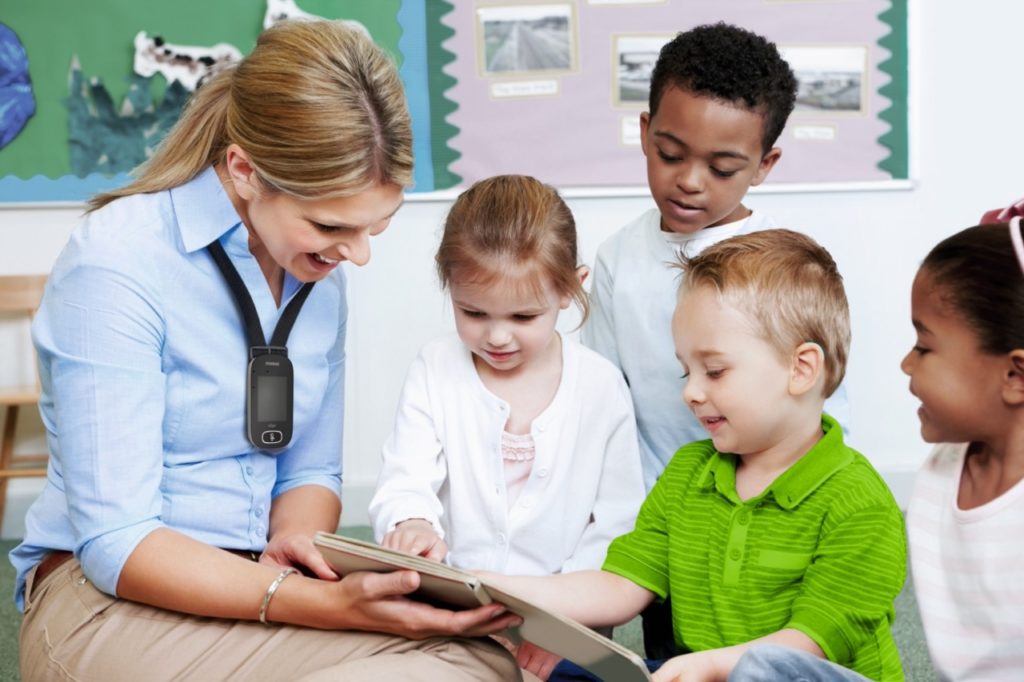Hearing loss in children
Hearing is a fundamental sense that we can often take for granted but it has a substantial impact on our quality of life. If our ability to hear gets impaired this can cause huge complications which can be even more detrimental in children. If a child has hearing loss, it can affect their overall development and abilities to develop language, speech and social skills.
As a parent, it can be incredibly difficult to receive the diagnosis that your child has a hearing loss, but with correct care and treatment the impact that it has on their development and quality of life can be drastically reduced.
In this blog, we’ll provide you with all of the information you need to know about hearing loss in children and shed some light on the advancements in treatment options that are available.
Causes of hearing loss in children
Hearing loss can occur at any time during our lives and some risk factors are present from before birth, which can increase the likelihood of a child being born with hearing difficulties. However, there are also external factors that can contribute to the onset of hearing impairment.
Some of the most common factors include:
- Genetic factors: Hereditary factors can play a huge role, and as much as 50-60% of hearing loss in babies is due to genetic causes. Children born to parents with a history of hearing impairment are at an increased risk due to gene mutations, and others may be born with hearing loss due to the presence of other conditions such as Down’s syndrome or Usher syndrome.
- Congenital factors: Some babies are born with hearing loss due to maternal infections like rubella or cytomegalovirus, or complications during birth such as low birth weight or premature birth.
- Ear infections: If a child has recurrent or severe ear infections this can lead to hearing loss due to damage over time. Some children may have chronic otitis media, a chronic inflammation of the middle ear and mastoid cavity which causes a perforation of the eardrum.
- Noise exposure: Prolonged exposure to loud noises whether environmental or due to activities such as listening to music at high volumes can contribute to hearing loss in children.
- Trauma: Any severe head injuries that required a hospital stay or traumas to the ear can put children at risk of hearing loss.

Signs of hearing loss in children
Unlike adults, children can struggle to communicate their hearing difficulties, but some telltale signs can indicate hearing loss in children depending on their age. These include:
Signs in babies
- Appears to hear some sounds but not others
- Doesn’t startle at loud noises
- Doesn’t turn to the direction of sounds after 6 months
- Doesn’t say single words such as ‘mama’ or ‘dada’ by the time they turn 1 year old
- You only get their attention when they see you, but not when you call their name
Signs in children
- Talks too loudly
- Speech is delayed or not clear
- Often grumpy, tired, frustrated or overactive
- Struggles with reading, spelling and phonics
- Has difficulty hearing in background noise
- Has the TV at a high volume
- Doesn’t respond when called to
- Often misunderstands what is being said
- Often appear inattentive or as if they’re daydreaming
Recognising these common symptoms is crucial for any parent or primary caregiver, as early detection and diagnosis are crucial to receiving the correct treatment and preventing the hearing loss from worsening.
How hearing loss affects a child’s development
Beyond affecting their ability to hear, a hearing impairment can have profound impacts on a child’s growth and development.
Hearing sounds and words is a vital aspect of helping children learn to communicate and understand. For a child with hearing loss, whether partial or complete, they can miss out on these sounds which can contribute to delays in certain aspects of their development such as:
- Speech and language development: Hearing loss can impede a child’s ability to develop language skills and can therefore create a communication barrier, affecting their social interactions and everyday life.
- Academic performance: Hearing loss may impair a child’s ability to perform to a high standard in school. They may face challenges in academic settings, particularly when it comes to following along during lessons or participating in group discussions.
- Social and emotional well-being: Communication difficulties can impact a child’s self-esteem as they recognise that they may be different from their friends and classmates. This can lead to social isolation and emotional struggles due to their inability to participate in activities or engage in conversations.
- Cognitive development: Auditory skills are crucial for performing various cognitive processes such as memory and problem-solving, so having a hearing impairment can affect their development in these areas.

What to do if your child suffers from hearing loss
If you suspect that your child may be suffering from hearing loss it’s important to act quickly as undiagnosed hearing loss can progress over time, leading to further complications.
A hearing test is the most effective way to diagnose if your child has a hearing loss and detect the type and severity of it to inform the most suitable treatment plan.
Paediatric hearing tests
Harley Street Hearing’s paediatric clinical audiologists offer private hearing tests for children aged 2 years* and above. All hearing tests are painless and offered in a comfortable setting, with the following types of tests available:
- Play audiometry (2-6 years old) – During this test, sounds will be played through headphones and the child will engage in a game each time they hear a sound. This allows us to detect if there may be a problem with sound transmission through the ear, or with the inner ear.
- Pure tone audiometry (5+ years) – Similar to an adult hearing test, the child will be presented with a range of sounds through headphones and asked to respond by pressing a button each time they hear the sound.
- Tympanometry – This is a quick and simple test that involves placing a soft rubber tip into the child’s ear and applying light pressure to test for any middle ear issues.
*Please note: Paediatric testing is carried out following referral by an ENT surgeon, no referral is required for 4 years +. 2-4 years olds can be seen at our clinic at North London Hearing in Golders Green by referral only. At our Harley Street clinics, we can see children from 4 years old. We can advise you on ENT surgeons who specialise in paediatrics.
Children’s hearing aids
Hearing aids are the most effective solution for managing hearing loss symptoms, and huge advancements in technology have led to incredible developments in children’s hearing aids.
Designed to be discreet, comfortable and highly effective, a wide range of manufacturers including Phonak, Oticon, Signia and more produce extensive ranges of child-friendly hearing aids in an array of fun colours and designs.
Children can greatly benefit from the use of hearing aids, whether their hearing loss is temporary or permanent. A hearing aid will work to amplify the everyday sounds and speech that they may be missing out on, enabling them to improve their communication skills and learning abilities.
Hearing loss will be different for each child, and a hearing aid must be tailored to their individual needs to ensure they’re getting the most suitable device.
As an independent hearing clinic, Harley Street Hearing can offer a wide selection of hearing aids from industry-leading manufacturers with many styles and colours to choose from. Through a hearing test with one of our paediatric clinical audiologists, we will be able to provide an accurate diagnosis of your child’s hearing loss and recommend the best hearing aid for them.

Assistive Listening Devices
For children with profound hearing loss, Assistive Listening Devices (ALDs) may also be considered. They can be used with or without hearing aids, and work to separate sounds such as speech from background noise.
This can be particularly useful for children in classroom environments to help them better understand the lesson, by focusing in on what the teacher is saying without being distracted by conversations around them.
There are many different types of receivers and transmitters available, and different factors will be taken into account when deciding on the best ALD for your child.

Book a children’s hearing test
We understand how challenging it can be to learn that your child has a hearing loss, but our specially trained paediatric audiologists are here to support you and your child every step of the way.
We offer fast-track access to personalised hearing services for both children and teenagers, with unrivalled aftercare and guidance to support your child’s individual development. Our children’s hearing tests are available at various hearing clinics across London.
Click here to book a consultation or get in touch with us on 020 7486 1053 to find out more about how we can support you and your child.
Enjoy this article? You might be interested in some of our others:












